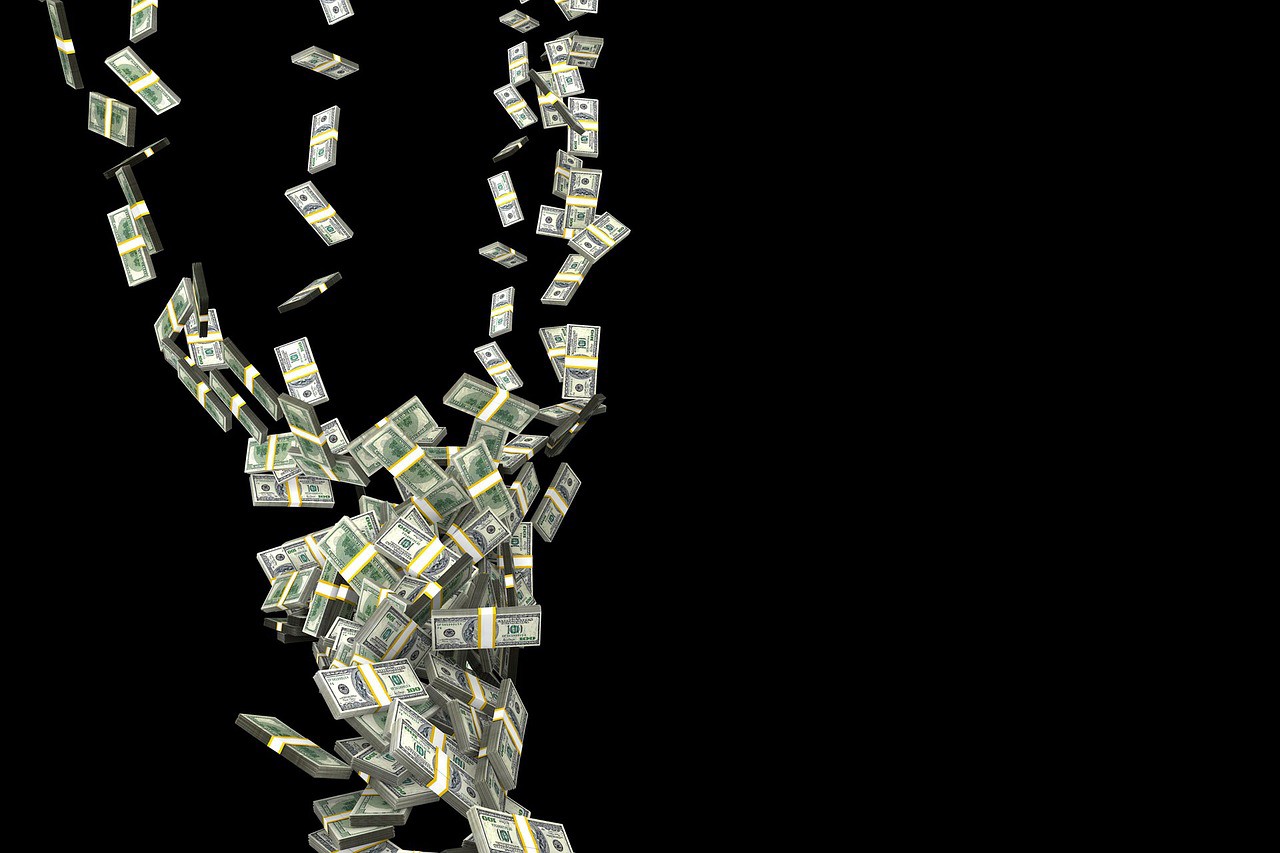As budgets are reviewed and finances scrutinized, as the awful realization sinks in that this year will feature all the same bills as last year, with some new ones undoubtedly added in, it appears like a hopeless, depressing task. Why not just ‘eat, drink, and be merry’, for tomorrow the IRS will take whatever is left?
But financial experts have been preaching for years that a few basic and simple steps taken at the birth of the new year can start to bring more financial peace of mind, stability, and security without having to live like a Trappist monk. So take a deep breath, relax, and consider the following options to help regain your financial health:
Invest in life insurance
Put your money to work for you in something that doesn’t break or depreciate. The stock market can go crazy in a big way at any time, but a dependable life insurance policy just sits back, takes a little bit from you each month, and tucks it away comfortably to become available to your beneficiaries when the Final Curtain rings down. The younger you start paying premiums, the easier it is to obtain and the less expensive your premiums will be. So what if you’re not married yet or believe you’re immortal? Things change — and you can always change your beneficiary. Remember that in many cases insurance premiums are a tax deduction, and that after you’ve paid in for a good while you have the option to borrow some of that lump sum for an emergency.
Create a budget
Unless you’re Bill Gates, you’re already on a budget of sorts no matter what your earnings and lifestyle might be. You know how much you make each month and you know, approximately, how much is going out each month. But don’t leave it so vague. When you sit down and write it all out — when you put down your salary and other Incoming money in one column, and then create a second Outgoing column for all the money you spend on rent, transportation, food, utilities, entertainment, etc., you will automatically begin discovering ways and means to cut down on expenditures. Won’t a small cup of something from Starbucks get you started in the morning just as well as that insanely expensive large cup of mocha-choco-salted caramel-acai berry-bee pollen Supreme? And since you always eat lunch by yourself on Thursdays, why not just bring in a sandwich instead of paying for a restaurant meal while you sit alone?
Death to credit cards
Death to credit card debt, that is. Start paying off credit card debt immediately. Work out a program that will get you out of credit card debt completely by the end of this new year. And then promise yourself to never get so deep in again that you can’t pay it all off at the end of the month. Credit cards are for convenience and, occassionally, for emergencies. If you keep a big balance always owing on them you’re just playing the sucker’s game the banks want you to be stuck with for a lifetime!
Saving for a rainy day is not a cliche
Everyone will tell you what a lousy rate of return you get today on savings accounts. True enough; but what these same dummies forget to tell you is that unless you start losing your money in a savings account it’s still one of the best places to keep funds available for the inevitable ‘rainy day’ that comes to everyone. Nobody ever went broke by putting some money away each month in a savings account. So determine ahead of time just what percentage of your take-home pay you’re going to have deposited in your savings account each month. And then leave it alone — it’s not your ‘play’ money. It’s for when you use up all your health insurance ‘points’ and still need medical treatment, or for when a family emergency requires a sudden expensive trip across country. Unlike a credit card, when you spend your own savings you are not obligated to pay any of it back and there are no late fees or interest charges.
Originally published at medium.com


